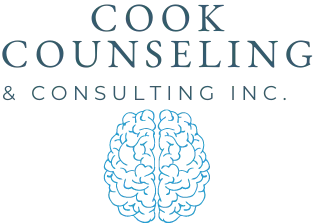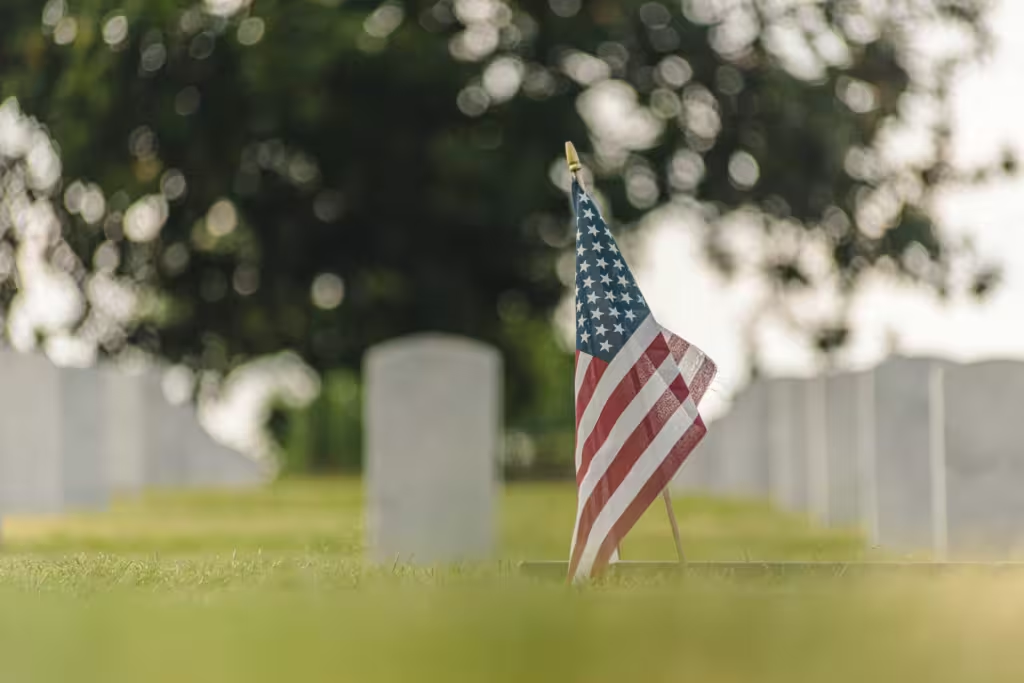An average of 16 veterans commit suicide every day, showing a high prevalence of PTSD in these individuals [1].
Today, Post-Traumatic Stress Disorder (PTSD) has become a debilitating mental health condition that plagues up to 30% of veterans following their service [2]. Nightmares, flashbacks, hypervigilance, and social isolation are just a few signs of this condition that impact our heroes’ quality of life.
The sad truth is that traditional treatments like talk therapy and medications haven’t always been effective, leaving many veterans struggling. However, ketamine therapy may offer new hope to these courageous individuals.
Understanding PTSD in Veterans
Warfare exposes soldiers to unimaginable horrors. Witnessing death, violence, and near-death experiences can leave lasting psychological scars on people. Post-traumatic stress disorder, also known as combat stress or shell shock, is a complex response to these traumas characterized by intrusive memories, avoidance behaviors, hyperarousal, and negative emotions.
Thousands of veterans currently live with PTSD, which results in a huge public health burden, with veterans experiencing higher rates of unemployment, homelessness, and suicide.
Traditional Treatments and Their Limitations
Standard treatment for PTSD often involves a combination of talk therapy (cognitive behavioral therapy) and medications like selective serotonin reuptake inhibitors (SSRIs). While these can be helpful for some veterans, they don’t always provide lasting relief.
Talk therapy can be emotionally challenging, and some veterans may find it difficult to confront their traumas. Additionally, SSRIs can have side effects that limit their tolerability.
The Rise of Ketamine Therapy
Ketamine, a medication traditionally used as an anesthetic, has emerged as a promising new tool in the fight against PTSD [3]. When administered at low doses in a controlled setting, ketamine appears to have a rapid and sometimes dramatic effect on reducing mood disorders like PTSD and depression.
The exact mechanism of how ketamine therapy works is still under investigation, but researchers believe ketamine works by promoting neuroplasticity – the brain’s ability to form new connections and pathways. This may help to “unfreeze” the brain from its traumatized state so that it can process and cope with traumatic memories in a better way.
Ketamine therapy involves receiving a low dose of the drug through a needle in your vein for about 45 minutes. It’s usually done in a clinic or hospital under the watch of a trained doctor. Patients might have several sessions over a few weeks.
Studies have shown that ketamine can rapidly improve symptoms of depression and anxiety, sometimes within hours after the first treatment [4]. Many people who undergo ketamine therapy feel more relaxed, positive, and able to enjoy life.
Unlike traditional antidepressants that focus on increasing certain brain chemicals, ketamine works by blocking a specific receptor in the brain, leading to an increase in another neurotransmitter called glutamate. This helps repair damaged parts of the brain believed to be linked to mood disorders.
For veterans struggling with PTSD and depression, ketamine therapy offers a promising new avenue for relief. It’s generally safe and well-tolerated, with few side effects. While it may not be effective for everyone, many patients have reported significant improvements in their mood and overall quality of life.
Cook Counseling & Consulting: Supporting Veterans on Their Healing Journey
At Cook Counseling & Consulting, we understand the unique challenges faced by veterans. We are committed to staying at the forefront of evidence-based treatments for PTSD, including exploring the potential of ketamine therapy. We are closely monitoring research developments and advocating for wider access to this promising treatment option for veterans.
If you are a veteran struggling with PTSD, we encourage you to reach out to Cook Counseling & Consulting. We offer a variety of evidence-based therapies and can help you explore all your treatment options. Contact us today to schedule a consultation and begin your journey toward healing.
References
1. Wounded Warrior Homes (n.d.) — PTS and TBI. Wounded Warrior Homes. Retrieved from https://www.woundedwarriorhomes.org/pts-and-tbi
2. Smith, M., Robinson, L. & Segal, J. (2024) — PTSD in Military Veterans. HelpGuide.org. Retrieved from https://www.helpguide.org/articles/ptsd-trauma/ptsd-in-military-veterans.htm
3. The Anlyan Center for Medical Research & Education, Magnetic Resonance Research Center. (n.d.) – CAP Ketamine for Veterans with Treatment-Resistant PTSD. Yale School of Medicine. Retrieved from https://medicine.yale.edu/psychiatry/emerge/research/cap-ketamine-ptsd/
4. Stein, M.B., Simon, N. M., (2021) — Ketamine for PTSD: Well, Isn’t That Special. The American Journal of Psychiatry. Retrieved from https://ajp.psychiatryonline.org/doi/10.1176/appi.ajp.2020.20121677

